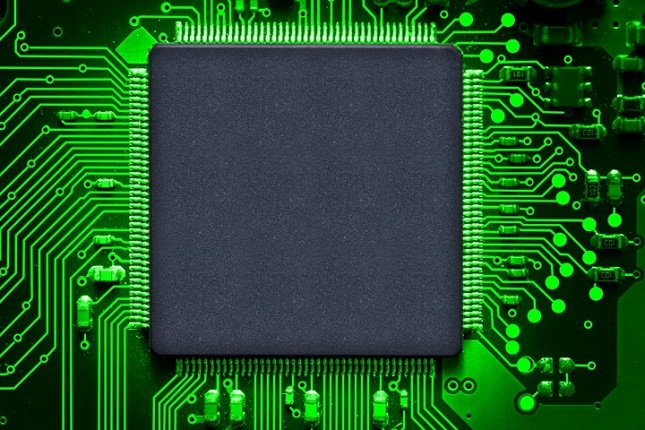China's first production line for "multi-material and cross-size" photonic chips, or integrated optical circuits, will be completed in Beijing in 2023.
Compared with electronic chips, photonic chips offer higher speeds and lower power consumption. The calculation speed and transmission rate are 1,000 times those of electronic chips, according to the newspaper.
If all goes as planned with the facility, it will show that the preliminary experimental research and development process is in place, with production technology that leads the world, analysts said.
According to the Beijing Daily, the production line will be built by Sintone, a Beijing-based high-tech enterprise.
The facility can meet market demand in multiple fields including communications, data centers, medical testing and other sectors, said the report, citing Sui Jun, the president of Sintone.
The domestic use of photonic chips has extended into scenarios in industry, consumer electronics, vehicles, defense and other fields, according to a report by Minsheng Securities in September.
The new facility will fill the gap in the field of photonic chip foundries in China and accelerate the process of domestic photonic chip replacement, Sui said.
Photonic chips will be the next major direction of chip development due to their stability and low power consumption, Xiang Ligang, an independent technology analyst, told the Global Times on Tuesday.
Such chips aren't yet being produced on a large scale anywhere in the world, so the new facility will show that China is leading in this technology in the world, said Xiang.
China has become the world's largest optical communication market, and the size of the domestic photonic chip market has expanded remarkably. From 2015 to 2021, the domestic photonic chip market expanded from $800 million to $2.08 billion, with an average annual compound growth rate of more than 15 percent, according to Insight and Info.
Sui said that making photonic chips is not as demanding as electronic chips in terms of structural requirements, as photonic chips don't require extremely high-end lithography machines such as extreme ultraviolet lithography, and can be produced using raw materials and types of equipment that are already mature in China.
Xiang stressed that it will take time and industrial verification from the beginning of construction to mass production after the facility is completed.
Sui said that the current development of the sector in China is more advanced in terms of applications and design but relatively weak in such basic aspects as equipment and manufacturing. The company will use its scientific achievements to provide practical and reliable support for core sectors such as quantum computing.
Photo: VCG.
Source: The Global Times.
































